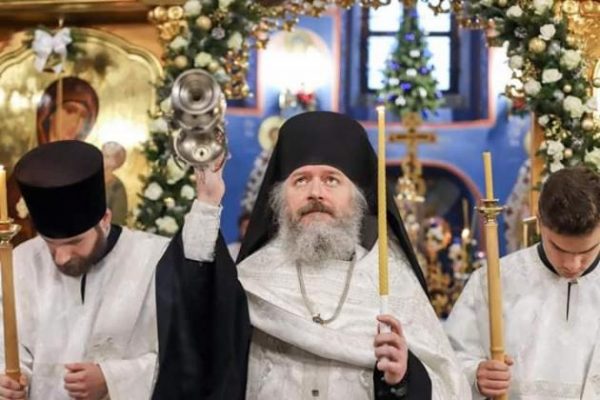When we sin in secret, we think that no one will know about it and somehow everything will work out. But in the third preparatory week for Lent, the Church reminds us that there will be a Last Judgment, where it will be revealed who we really are, and everyone will be punished for their sins.
The Gospel does not list the sins for which we will be condemned to torment in hell, but only indicates specific actions. The Lord will watch whether we fed the hungry, gave water to the thirsty, dressed the poor, visited the sick, or comforted a prisoner. Whoever did this, they served Christ Himself and inherited the Kingdom of God, and whoever neglected this, they will be condemned to eternal torment.
So why, then, did the Church establish fasts, institute long services, or confession of sins? Perhaps all of this is not necessary, and the most important thing, as atheists and Protestants say, is to be a good person and not to each other, instead of not eating meat?
However, this cannot be true, because we know that Christ Himself fasted in the desert for 40 days and told us how to fast properly (see Matthew 4:2; Matthew 6:16–18; Luke 18:12 and others). For a long time He loved to spend time in the mountains in prayer, and also gave authority to the apostles to forgive sins by the power of the grace of the Holy Spirit.
Based on this, it becomes clear that all of the above is a means by which we can get rid of our egoism, overcome our deception, and most importantly, become merciful. Without these means, we, of course, are able to perform individual good deeds, because in the nature of each person the Creator laid the desire for good, but without the grace of God these good actions are basically selfish: you give something to me, and I give something to you. Therefore, a person cannot selflessly, with all their soul, love God and their neighbors. And we see how many families are now breaking up precisely because people do not know how to truly love each other.
That is why, let’s not neglect fasting, let’s pray as much as possible, and let’s more often free ourselves even from the insignificant dirt of a sin, because this is the only way we can see every person not as a sinner whom we must hate, not as our competitor or enemy, but as an image of Christ that needs our mercy and help. Amen!
Translated by pravmir.com

















